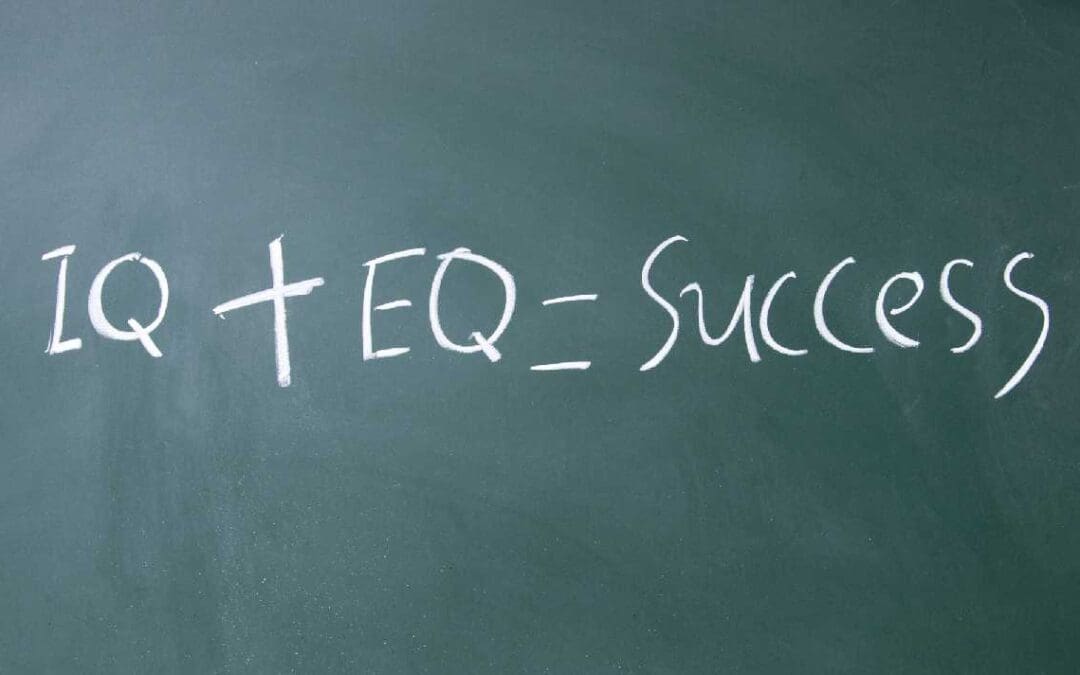IQ: The Power of Cognitive Intelligence
Intelligence Quotient (IQ) is a measure of cognitive intelligence. It assesses your problem-solving abilities, logical reasoning, mathematical skills, and general knowledge. A high IQ is often associated with academic success and technical prowess. People with high IQs tend to excel in analytical tasks, making them valuable in fields like science, engineering, and mathematics.
While IQ is undoubtedly essential, it’s not the sole predictor of success in life. High IQ individuals may excel academically, but when it comes to navigating complex social situations, managing stress, or building meaningful relationships, IQ alone might not suffice.
EQ: The Magic of Emotional Intelligence
Emotional Intelligence (EQ), on the other hand, measures your ability to recognize, understand, and manage your emotions, as well as the emotions of others. It involves empathy, self-awareness, self-regulation, and interpersonal skills. People with high EQs are often better at handling interpersonal relationships, communicating effectively, and thriving in team environments.
While EQ might not be as academically measurable as IQ, it plays a crucial role in personal and professional success. Leaders with high EQs are more likely to inspire their teams, resolve conflicts, and adapt to changing circumstances. In fact, research has shown that EQ can be a better predictor of career success and life satisfaction than IQ.
Finding the Balance
The ideal scenario is to strike a balance between IQ and EQ. Here are some strategies to help you find that equilibrium:
1. Self-Awareness: Start by understanding your strengths and weaknesses in both IQ and EQ. Reflect on how they’ve influenced your life and decisions so far.
2. Continuous Learning: Invest in improving both your IQ and EQ. Take courses to develop technical skills and also engage in emotional intelligence workshops or self-help books to enhance your EQ.
3. Empathy and Social Skills: Practice active listening and empathy in your interactions with others. Develop your communication and conflict resolution skills.
4. Mindfulness and Self-Regulation: Engage in mindfulness practices to become more aware of your emotions and learn how to manage them effectively. Develop emotional resilience to cope with stress and setbacks.
5. Collaborative Learning: Embrace teamwork and collaboration to leverage both your IQ and EQ. Recognize that diverse perspectives and skills can lead to more innovative solutions.
6. Seek Feedback: Ask for feedback from trusted colleagues, friends, or mentors on both your technical and interpersonal skills. Use this feedback to make continuous improvements.
In today’s dynamic and interconnected world, success often depends on our ability to adapt, connect, and communicate effectively with others. While IQ provides the intellectual foundation, EQ gives us the emotional tools to navigate the complexities of life and relationships. By finding the right balance between IQ and EQ, you can achieve not only personal fulfillment but also excel in your professional pursuits, ultimately leading to a more rewarding and meaningful life.

